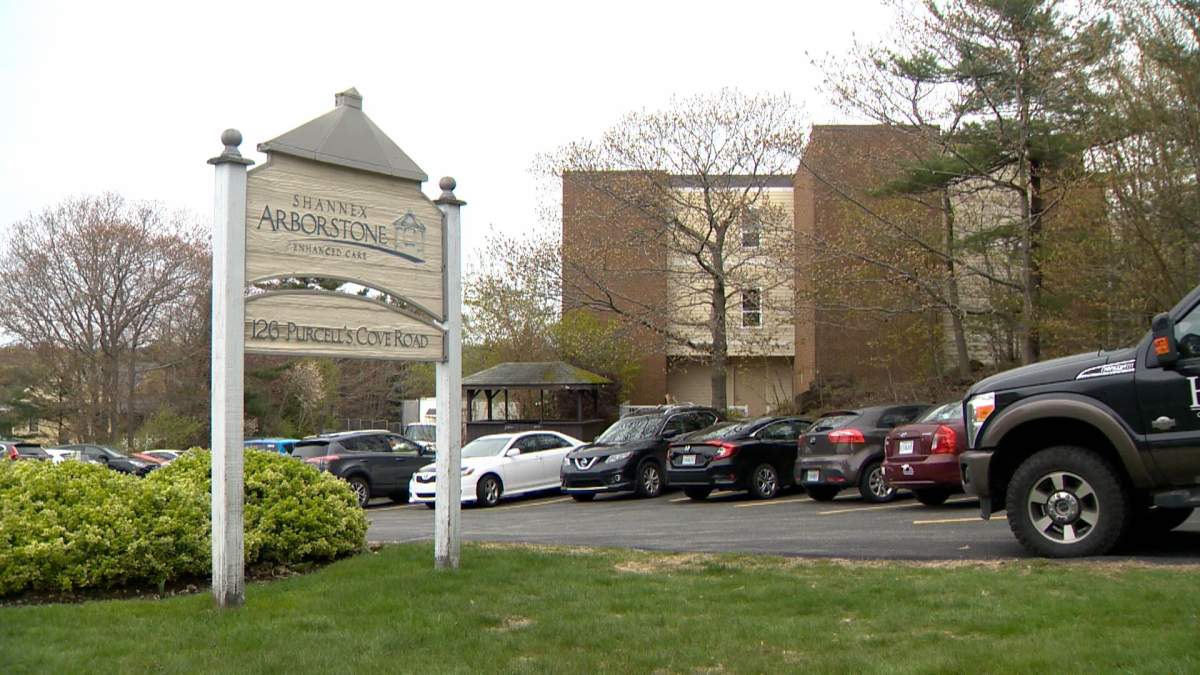For nearly a decade, daily tasks such as enjoying the taste of a meal has been a struggle for Vicky Levack due to the circumstances of the environment she says is her only option to live in.

“It’s really a nursing home, but I’m only 28 years old,” Levack said.
“I’ve lived here since I was 21. There are no activities for people my age. The food for people my age is horrible. Everything is flavourless and mushy because a lot of people I live with don’t have teeth.”
READ MORE: Mothers of disabled adult children meet in Halifax to call for an increase in supportive housing
When Levack was entering young adulthood, she says her family didn’t have many living environments that would aid in her path towards independence. She would have to either stay home with her parents for the rest of their lives, requiring them to give her round the clock care, or she could live in a nursing home.
It’s a harsh reality she says many families in the province live with.

Get weekly health news
“I require 24/7 care and not because I need to be watched because I can hurt myself, just physically. If I want a drink or water, or if I drop something, or if I want something to eat, I need help with those things,” Levack said.
While the nursing home she lives in is the one of the few in Nova Scotia that has a floor dedicated to providing care for disabled adults, she says long-term care facilities can have negative health impacts on the young adults who end up there.
“They’re basically giving me somewhere to live so I don’t die, and granted I appreciate that very much, but I think I deserve better,” Levack said.
“I deserve the opportunity, as does everyone in the disability community, to reach their full potential and with the way I am right now I can’t do that because this is severely impacting my mental health.”
The provincial government plans to build eight new small option homes throughout the province as part of a multi-year investment plan.
The community-based homes would give around-the-clock support for up to four disabled persons.
The community services department is in the process of moving care for disabled adults away from long-term care facilities.
“Often they are there because that’s the place where they’re able ti access the type of clinical and nursing supports they might need for health needs,” said Lynn Hartwell, provincial deputy minister of community services.
“What’s become apparent is that they need a community-based placement that would also support their medical needs. So as we’re moving forward, looking to see what are the types of community-based settings that would meet the needs of people who may have more complex health issues.”
Hartwell says an overhaul of services is underway for how to better support disabled adults, and that the solutions aren’t as easy or desirable as building new facilities.
“Some of the places that people want to live, they want to live independently. So it’s not necessarily building something new. It’s having them be able to access an apartment that is appropriate to their needs, that they can rent and then we provide the supports,” Hartwell said.
In the meantime, Levack hopes nursing home care for younger people such as herself, changes to meet their needs.
“Right now, long-term care is viewed as warehousing. It’s viewed as ‘we put people here till they die.’ It’s not ‘how can we help these people who live here have a life?'”

_848x480_1528377923582.jpg?w=1040&quality=70&strip=all)



Comments
Want to discuss? Please read our Commenting Policy first.